The world-famous actress, Julia Louis-Dreyfus was just honored for her climate advocacy efforts by the Natural Resources Defense Council (NRDC), proving she’s a luminary in real life, just like her fictional character of Elaine Marie Benes.
Ms. Benes was one among the lead four on Jerry Seinfeld’s eponymous show – Seinfeld – which is known for revolutionizing the sitcom landscape. One of the ways the show broke fresh ground was by introducing viewers to main (and supporting) characters who favored progress over everything else. They set a high precedent by propagating modern ideas and by addressing the defining issues of the coming decades.
Cosmo Kramer

The assertive character Kramer had all the qualities and characteristics that a modern-day entrepreneur must possess. He was authentic, empathetic, and particularly fond of human interaction.
Kramer’s idea about the beach-smelling cologne has played out well in real life. With countless options to choose from, sea-inspired colognes have become a popular perfume category today. Kramer came up with this idea in season 4’s “The Pick,” a year before CK actually rolled out its beach cologne in the Seinfeldverse.
Without caring much for the gender norms of the time, Kramer’s character complimented Helen Seinfeld on her luxurious hand lotion in “The Raincoats.” He asserted that there was nothing innately feminine about taking care of the skin and that skincare had no gender. Not only was Kramer’s character gender-defying but he also continually looked for ways to stay ahead of the curve.
Frank Costanza
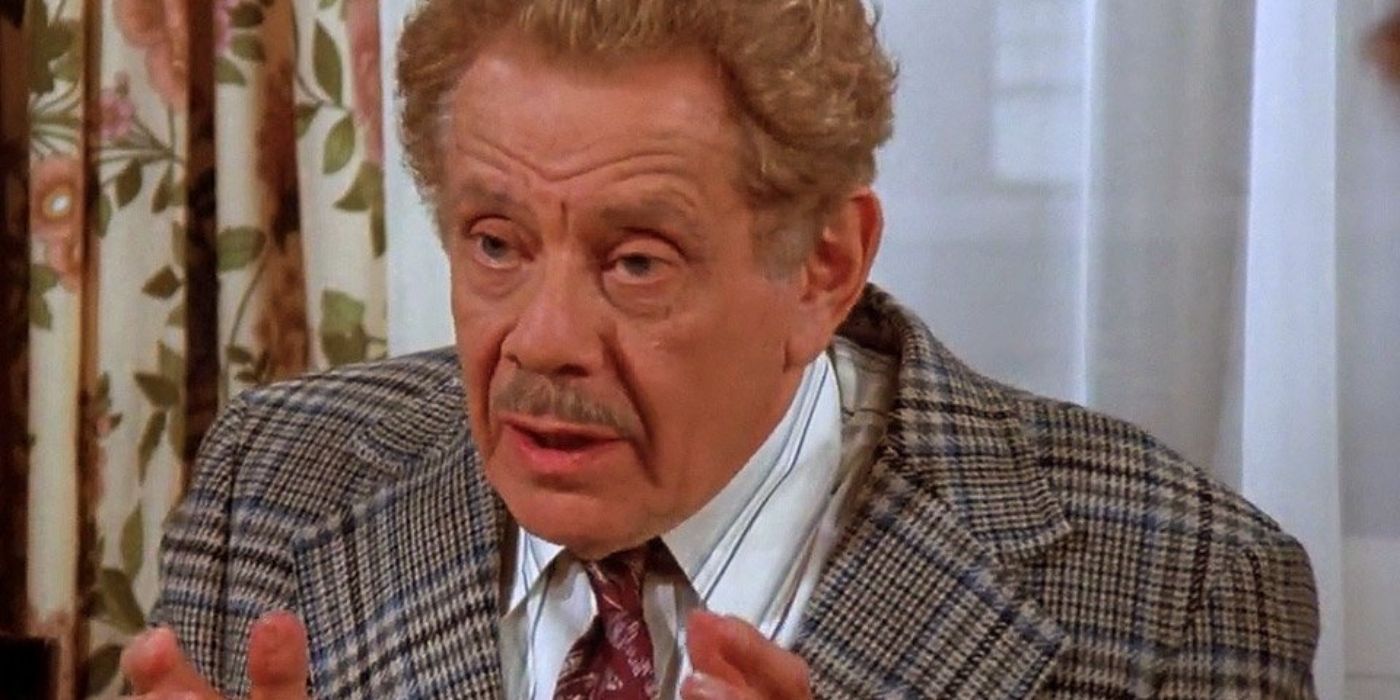
Besides being infamous for his angry outbursts on Seinfeld, Frank Costanza’s biggest contribution is the invention of the sustainable, inclusive holiday of the Festivus.
Season 9’s “The Strike,” reveals Frank invented this holiday out of disgust for America’s brand of commercialism. His alternate holiday, celebrated on December 23 by people of all or no faiths, boasts sustainability and minimalism since it replaces tinsel and Christmas trees with a multipurpose aluminum pole that can later be used to hang coats. Frank’s individual agency was his biggest asset and his stand on minimalism in “The Strike” matters now more than ever.
Susan Ross
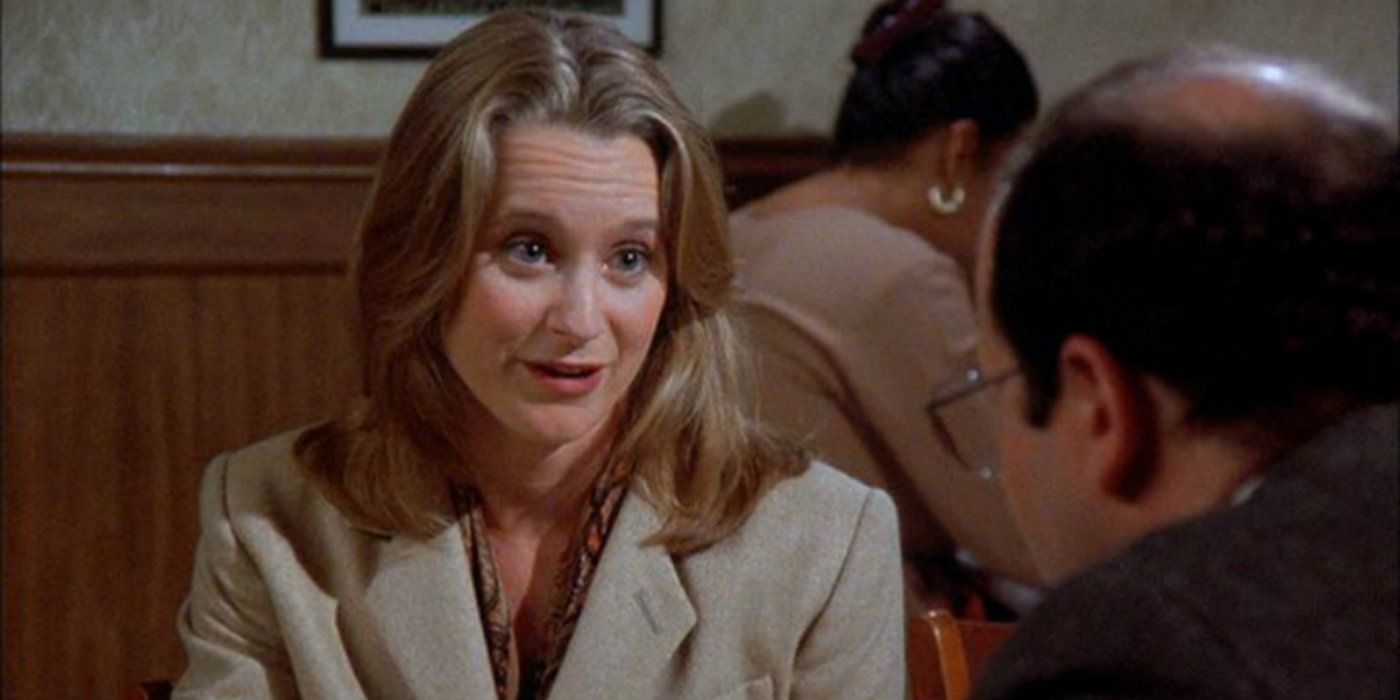
Susan Ross stands out as a progressive character because she showed faith in Jerry and George’s pitch in season 4’s titular episode when others at NBC gave a lukewarm response and perceived it as a risky venture. Susan, who worked under the NBC head, Russell Dalrymple, was sold on the “show about nothing” from the get-go.
“The Pitch” is counted among the most self-aware Seinfeld episodes. Its meta-storyline mirrored how co-creators, Jerry Seinfeld and Larry David pitched, Seinfeld to NBC. It goes without saying that Susan had an extraordinary vision given the fact that she was the only person in the room who anticipated that picking up Jerry and George’s unconventional sitcom would shape the next era of TV and mean more money for the network.
Russell Dalrymple
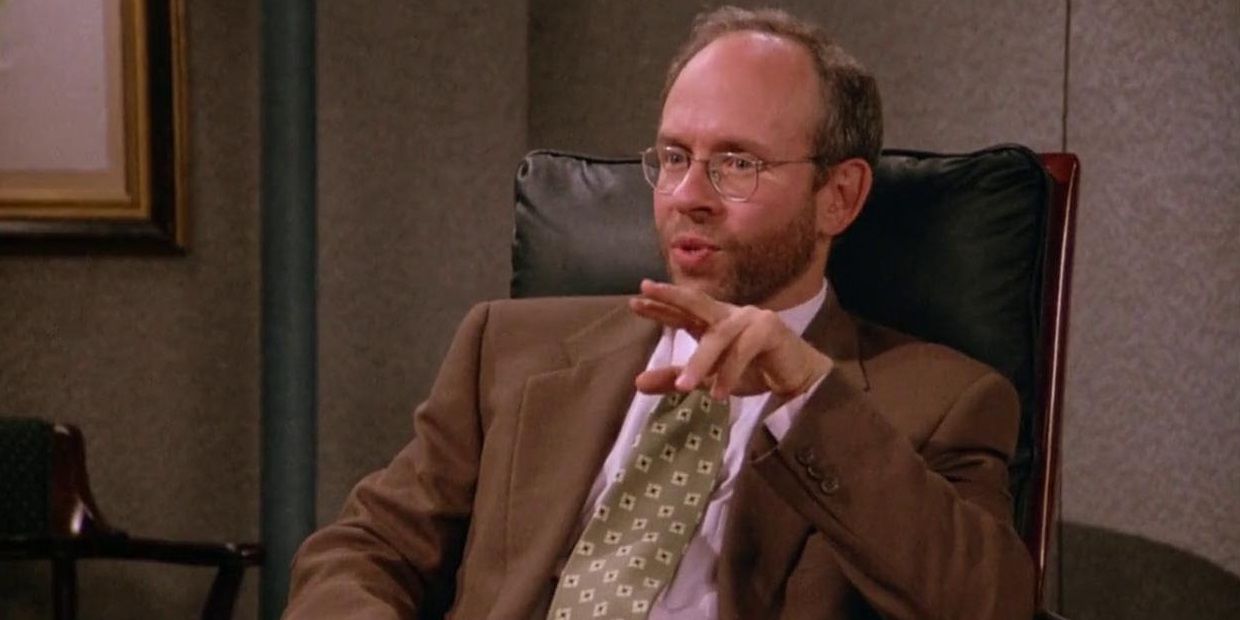
Russell Dalrymple’s name also figures in the list of Seinfeld‘s visionaries. Since Dalrymple was the president of NBC, needless to say, he had the final say in the ‘show about nothing’ discussion. If it wasn’t for his vote of confidence, Susan’s opinion on Jerry’s sitcom would have been rendered ineffective.
It would have been fun to see Russell nurture a crop of insightful and creative writers like Jerry. His sudden disappearance proved to be a great professional setback for Jerry and years on, fans wish they could’ve seen more of him on Seinfeld.
Jacopo Peterman
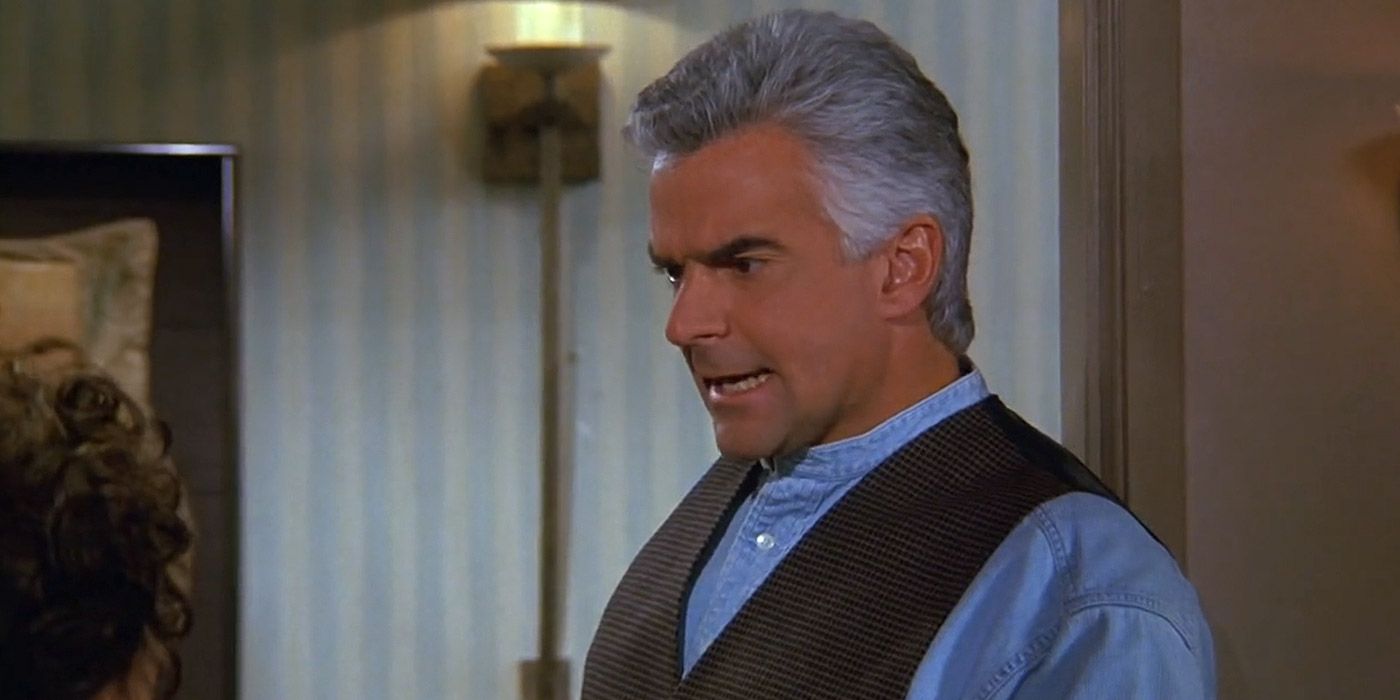
There’s every reason why Jacopo Peterman is counted among the best bosses on Seinfeld. His manner of recruiting Elaine in “The Understudy” proved that he chose to think out of the box.
The owner of the J. Peterman Catalog company, Jacopo derived inspiration from his escapades to advertise products in the catalog. He ran a successful business when private internet usage was still obscure. Jacopo believed in laying the intensive groundwork, gathering information by visiting places and learning new skills, and tips. If it wasn’t for J. Peterman’s entrepreneurial drive, out-of-the-box business practices, and growth mindset, he wouldn’t have made it so big in life.
Calvin Klein
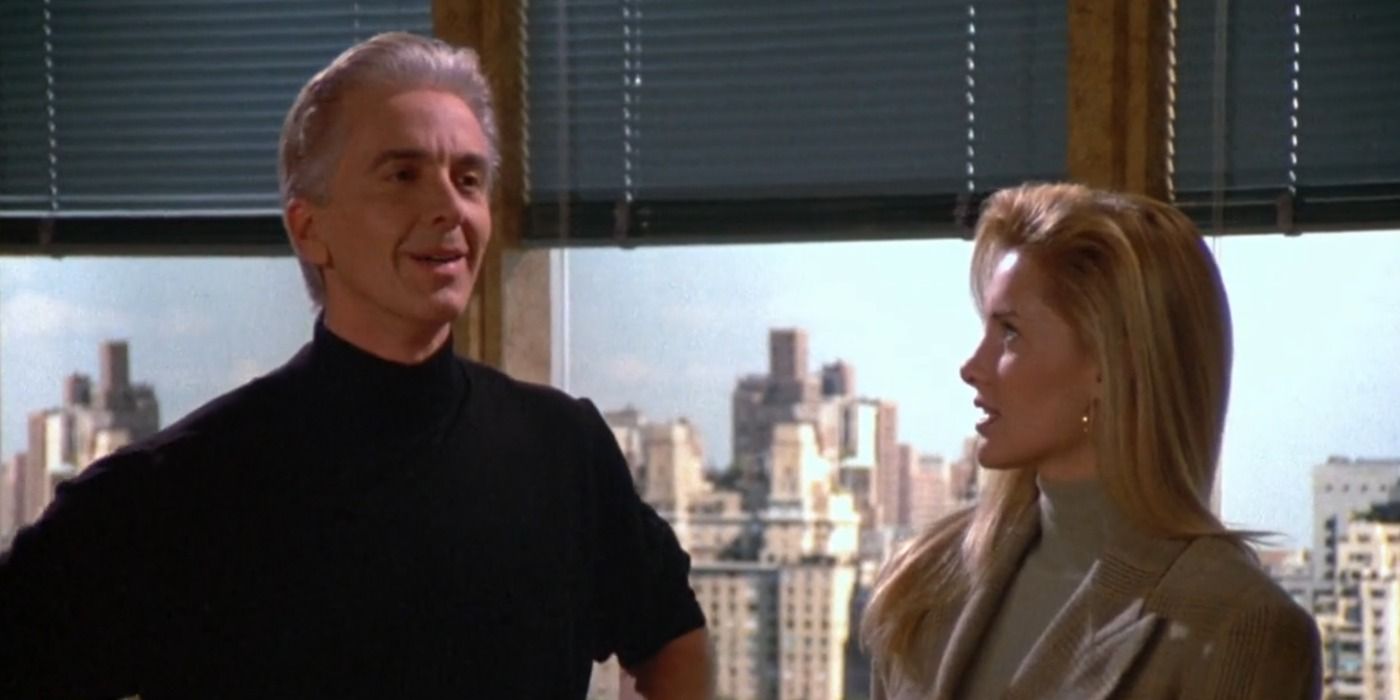
Season 4’s “The Pick” introduced viewers to the fictionalized version of the real-life luminary, Calvin Klein. He featured in the storyline that dealt with Kramer posing as an underwear model for his brand.
Kramer was discovered by Klein himself and in the most unusual of ways. Whilst the K-Man stormed in to confront him about the Beach, Klein was busy noticing him. In one of the Seinfeld scenes that viewers love to watch over and over, Klein took one look at Kramer and chose him as his model of choice for the company’s underwear campaign. Although fictional, the on-screen version of Calvin Klein in Seinfeld reflected how people in the fashion business were good at thinking on their feet. Kramer’s one collaboration with Calvin Klein was enough for viewers to realize the go-getter’s vision, and his dynamism and resourcefulness.
Jerry Seinfeld
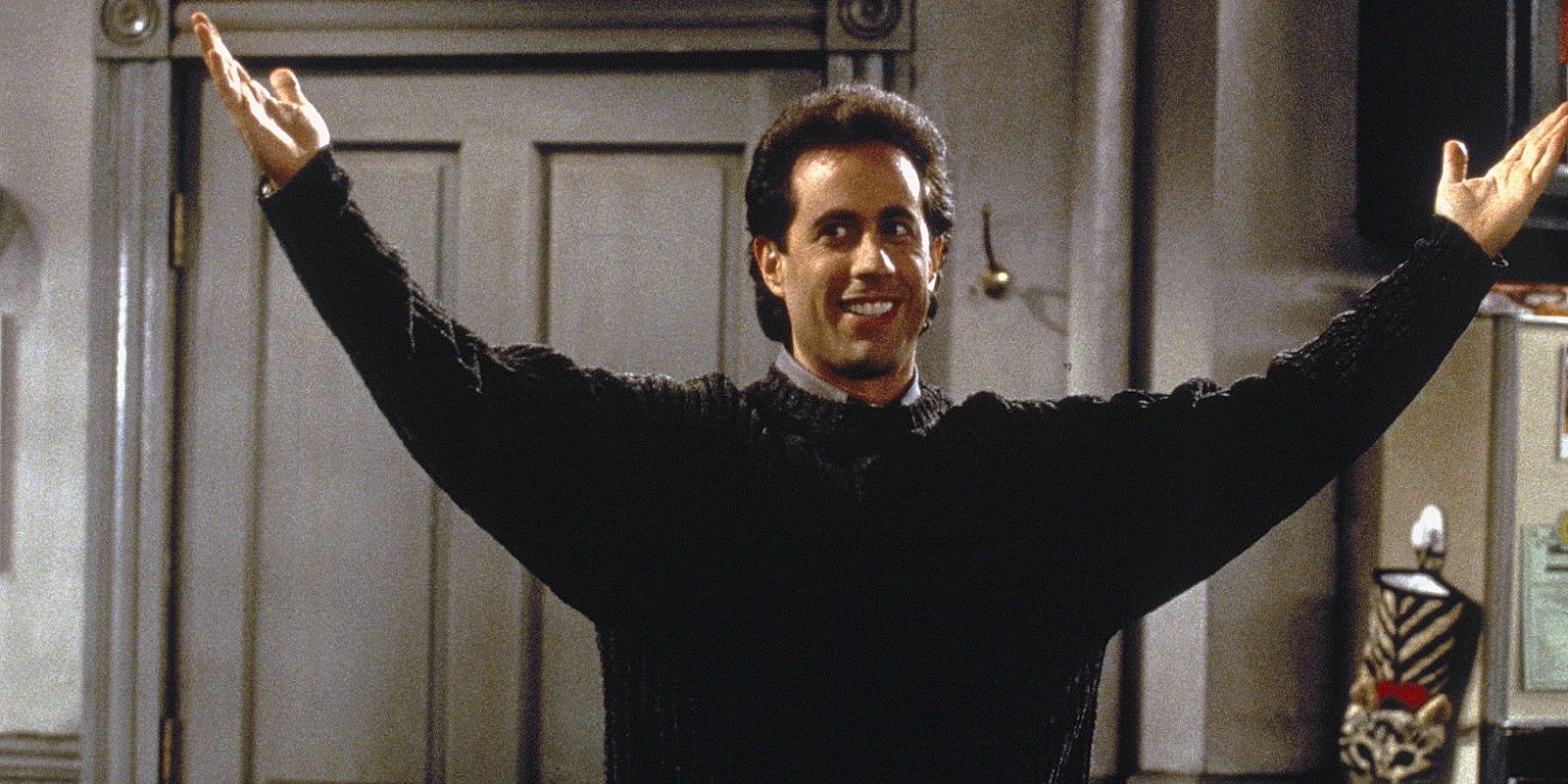
The character of Jerry Seinfeld was ahead of the curve for simply daring to venture into the comedy business in the gig economy of the ’80s and ’90s. Season 8’s “The Checks” revealed that Jerry took odd jobs to support his dream of becoming a comic. He was an umbrella salesman when he started out at the comedy clubs of NYC.
Jerry was good at everything he did. He attracted customers by inventing the perfect umbrella twirl and went on to do high-quality bits about the minutia of daily life. He had the ability to look ahead to see things others didn’t see, in that, he believed in comedic talent and held out hope. He survived in NYC and made it big in the same city and it’s no wonder why comics like Kenny Bania looked up to him.
Elaine Benes
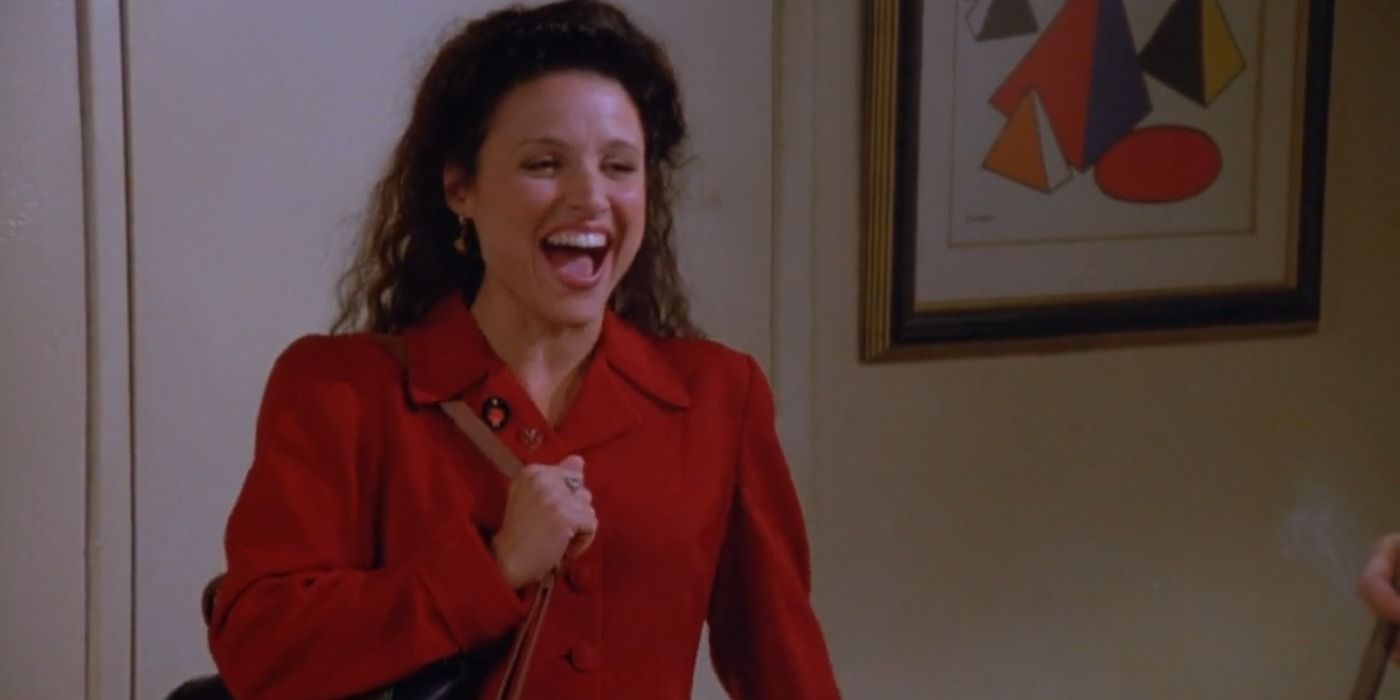
Elaine’s character was equal to her three male costars in every way and she was way ahead of her time. Her strong on-screen presence is attributed to her smarts and sex positivity. She stood true to her stance on equality, and continually defied the gender stereotypes of her time.
In season 8’s “The Soul Mate,” Elaine taught viewers womanhood was not synonymous with motherhood. She asserted that not wanting to have children didn’t make her a bad humanitarian and that every individual was well within their rights to choose or not to choose to procreate. Elaine celebrated her sexual agency in “The Sponge” and refused to be shamed for finding her partners “spongeworthy.” The minutiae of everyday life on Seinfeldverse depicted Elaine holding her own in a group of overbearing men and oftentimes, giving them a piece of her mind.




